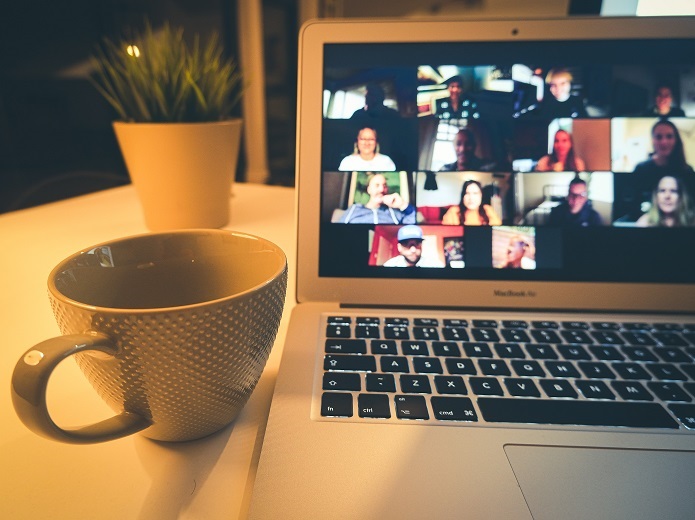
Allied Health Professionals (AHPs) are the third largest clinical workforce in the NHS and those working in mental health (MH), learning disabilities (LD) and autism make a unique and important contribution across services.
The Allied Health Professionals’ mental health, learning disability and autism observatory project is a continuation of previous work commissioned by NHS England’s Workforce, Training and Education directorate and looks to maximise the contribution of AHPs in MH, LD, and autism services. You can learn more about this first phase of the project by looking at the Allied Health Professionals in Mental Health section of their website.
The current project aims to:
• Raise awareness of how AHPs contribute to mental health, learning disability and autism settings.
• Highlight the value of investing in the AHP workforce in mental health, learning disability and autism settings.
• Create a space for education and learning, share experiences and knowledge and raise awareness of current recruitment practice taking place across the regions, to maximise the contribution of AHPs within the MH, LD and autism workforce.
Observatory meetings will be held virtually at the following times:
March 2024 – Date to be confirmed
[Please note, the date and times of the Observatory are subject to change]
The AHP mental health, learning disability and autism observatory is an open, supportive space, and everyone is welcome. Do come along and engage again in some supportive CPD which promotes the central role co-production has in service development and as part of our national strategy AHPs Deliver.
If you’re an AHP and you’d like to join the Observatory, or you have any questions about the project, please contact the project team at workforce@tavi-port.nhs.uk
Past observatory meetings and resources
25 January 2024 – AHPs’ leadership & co-working with the voluntary sector to explore the development of autism-informed pathways
This session was led by Vicky Romilly, Lead Speech and Language Therapist & Trainee Consultant in Learning Disability and Autism and Clinical Director, Intellectual and Developmental Disabilities Service, Mental Health Care Group Nottinghamshire Healthcare NHS Foundation Trust. With support from colleague Kathy McKay, from Nottinghamshire Healthcare Foundation Trust and Autistic Nottingham.
They shared some of the work they have embarked on in the last 12 months and some of the work they undertook previously to understand learning from deaths of autistic people who had died by suicide, sharing some of their thinking about influencing future pathways and the potential roles and anticipating challenges for AHPs navigating such strategy.
Slides from the session are here. You can view the recording of the session here.
24 November 2023 – This session was led Katherine Simcock, principal speech and language therapist at Lancashire and South Cumbria NHS Foundation Trust. Katherine shared the co-produced work which resulted in her winning the 2023 ‘AHP leadership for equality, diversity, and inclusion’ Chief AHP Officer Award.
Her work was regarding the language we use to talk to and about autistic people. It focuses on using a neurodiversity lens to frame language in a less deficit-based model and (hopefully) improve access to community services for autistic people.
You can view Language and Autism, a co-produced guide here. You can view the recording of the session here.
21 September 2023 – Arts therapies: tackling health inequalities together in practice and research with people with a learning disability In this session, Nicki Power, a clinical academic art therapist, shared her leadership journey so far and showed how coproduction has challenged her biases, kept her passion alight in the challenging NHS environment and provided a vehicle for transformational change from individual to system level. The arts therapies offer an alternative tool for communication to people with a learning disability, where words need not be the focus. We gain a greater understanding of the person and how they see the world through the art making. This can be shared with their support network and their wishes advocated for. When we take these creative processes outside of the art room, the potential for people with a learning disability to be included in research and in healthcare in meaningful ways is maximised.
All AHPs work creatively – we are inherently solution focused, we learn from mistakes, and we take risks to find the most person-centred way forward for our clients and our services. So, when we work collaboratively, alongside people with a learning disability, we have the power to lift up less-heard voices and to lead on making our health and social care systems more equitable.
Slides from the session are here.
You can view the recording of the session here.
26 July 2023 – During this session Lorna Dunsire, AHP Lead for Community Mental Health Services for Adults, and Helen Pearce, Involvement Partner, gave some personal reflections on the practical implementation of co-production at Bradford District Care NHS Foundation Trust.
They discussed the challenges and benefits of aspiring for co-production, in a Care Trust that serves a diverse and large geographical area.
They highlighted some of the different co-production models available and shared practical tips on how to hear, listen to, and involve the Voice of Experience.
Slides from the session are here.
You can view the recording of the session here.
5 June 2023 – This session was lead by Millie Smith, Head of People Participation from East London NHS Foundation Trust. They shared their People Participation Journey and the impact this is having on improving outcomes and service challenges.
The session was a fantastic opportunity for service users and AHPs to come together to share experiences and explore opportunities to develop people participation. Craig Donohoe, Quality Improvement (QI) Fellow, coach, expert by experience and carer discussed his story and his involvement with The Authentic Involvement Charter, a team with the aim of improving the authenticity of co-production in quality improvement projects.
Slides from the session are here.
You can view the recording of the session here